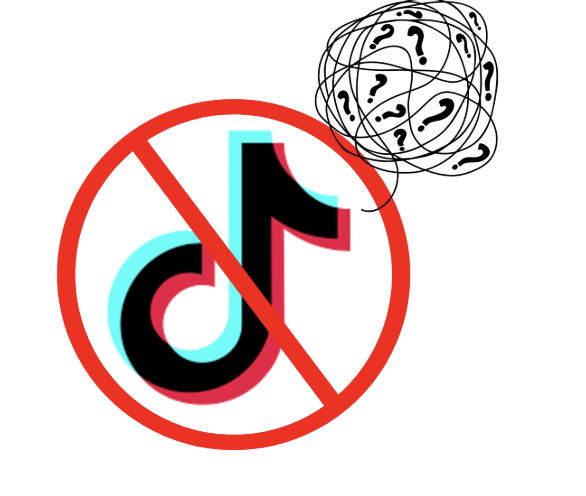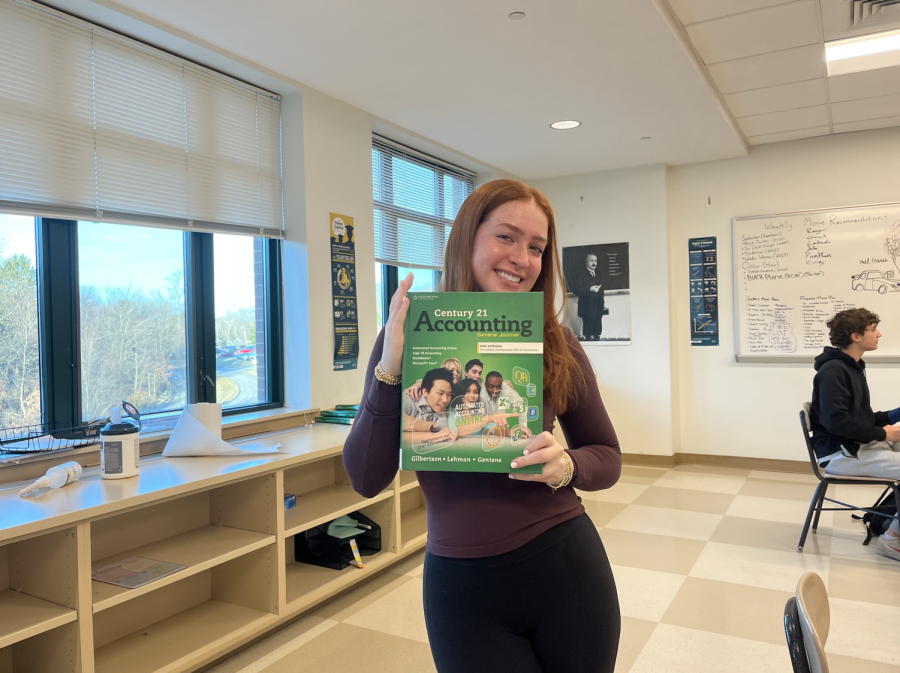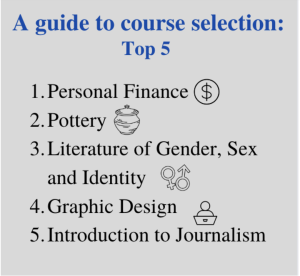Accounting: uncovering the hidden gem of the math department
Mr. Klein’s Accounting classes follow the Century 21 Accounting Textbook. For the 2022-2023 school year, Mr. Klein ran both Accounting courses.
Throughout my high school experience, I have felt pressured to succumb to the “Staples norm” of overloading AP classes and neglecting my personal interests in the name of a weighted GPA. Many of my friends have admitted to enrolling in calculus to “appeal” to colleges despite their deep hatred of all things math. But if you’re dreading calculus next year, I’d recommend Accounting instead.
When I was deciding my courses at the end of my junior year, Accounting was not promoted or discussed by my teachers, and I knew very little about the curriculum before ultimately signing up.
So, when I first walked into my Accounting classroom, Room 3040, on the first day of school two minutes before the second period bell, I took my seat in the back of the classroom and I surveyed the desks, daunted by the lack of girls. Taking a deep breath, I momentarily regretted enrolling in Accounting, and considered dropping. But I stuck with it, and ultimately found that the pace and workload of the course are consistent with Staples’ other full-year A-level courses, and Mr. Klein is always very helpful with any content-based questions I’ve had.
Now, one semester into the course, I have learned an invaluable breadth of information, and I have come to look forward to Accounting every morning. As someone potentially interested in studying business and/or economics in college, I found that the class has helped to establish a strong foundation. Business majors are required to take two college accounting courses, and studies show that students who take high school accounting are more successful in college accounting.
I have greatly enjoyed learning about the documentation of finances, and I have found Accounting to be way more engaging and applicable than any of my calculus courses. I believe that Accounting should be more widely accepted as an alternative to calculus for upperclassmen, as many of Mr. Klein’s accounting students have continued their business career in college and beyond with great ease.
In fact, if I could go back in time and “fix” my senior year course load, I would have added Personal Finance as well. Many of my classmates are either currently enrolled in both courses or have completed Personal Finance, and have found the curriculums to complement each other. However, if this isn’t an option for you due to a lack of space in your schedule, I would opt for Accounting.
Even if I don’t end up studying business next year, I have learned critical thinking, problem solving, organization and ethics. Financial literacy is crucial for high schoolers to begin to understand the basics of budgeting, saving and debt management in order to ensure financial responsibility.

Web Managing Editor Toby Goldfarb ’23 was driven to join Inklings because of her love of learning, whether it’s writing for a new section in Inklings...






















































